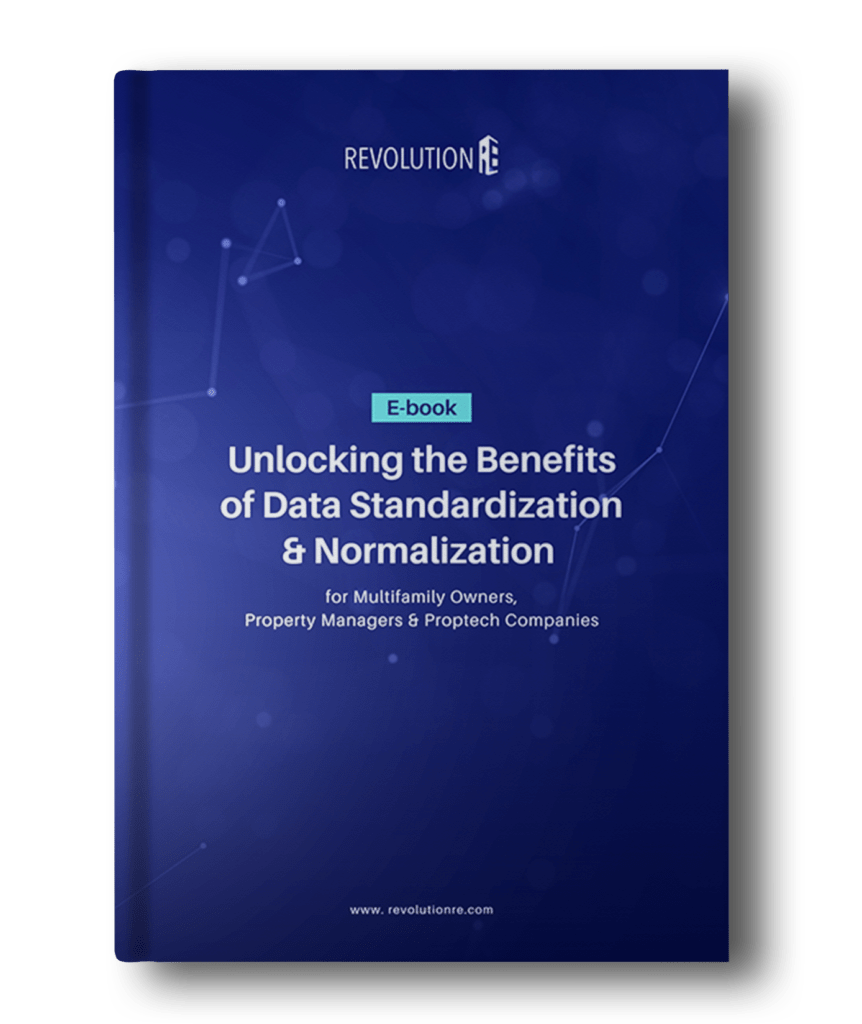Are we heading into a recession? For many in real estate, the recession has been going on for months. For others, the worst is yet to come. Whether you are a real estate investor, a property manager or an asset manager, where we stand in the economy and how it will impact our portfolio is a top question today on many people’s minds. As we watch the market, listen to jobs reports, and hold our breath waiting for the Fed’s next move, there is action that we can and should take to ‘be prepared’ for the worst.
Whether a recession is on the way, happening right now, or the worst is behind us, preparing with some basic steps will help improve profitability even in the toughest of times.
1. Budget cautiously: Include systematic cash flow forecasting and goal accomplishment to track property performance with precision. Deviations in the budget over the next year can add significantly to the bottom line if not managed correctly. Set alerts that will allow your team to adjust, reforecast, and take action before making any big capital decisions with long-term impact to reserves.
2. Develop a list of potential problems and prepare a disaster plan: If you don’t have a potential problems list, start one. As scary as it is to plan for the worst, you will either be prepared if disaster strikes or pleasantly surprised if it does not. Include some of the following:
• Staff problems — not enough people, unexpectedly growing or shrinking staff, morale falling, too many resident complaints or work orders, how staff turnover will impact residents;
• Materials problems — too few vendors, too much or too little materials, costs increasing beyond expectations;
• Equipment problems — too many repairs to do, replacing major equipment that is unexpected or the cost to repair is much higher than expected;
• Resident Satisfaction — poor online reviews, higher than anticipated turnover, greater than anticipated migration to other markets;
The final and most important step to any potential problems list is to dig deep and find the greatest among of compassion you can. When in a downturn, residents and staff alike are feeling the squeeze of job loss, family pressures, and inflation, so stress levels may be running high. When putting together a disaster plan, add some reminders to be as kind as possible to your team, your community and yourself.
3. Watch trends and activity in the local market: Microeconomic factors that affect your properties can vary greatly across the country, depending upon whether a community is located in a big city, a suburban area, or a small town. Some cities are experiencing significantly higher rent growth than others, and employment drivers and new supply will have a tremendous impact on where rents are going in your markets and submarkets. If you don’t already, consider doing rent surveys or using a service that gives up-to-date information on the pricing and availability of similar units in your property’s competitive set.
4. Audit Existing Loans: While interest rates have increased significantly over the last 12 months, they are still below historic averages. Consider refinancing any properties with loans that have balloon payments due in the next 12–36 months. If interest rates are increased again this year, or if a longer-term recession occurs, interest rates could skyrocket, which would be disastrous for any property or portfolio.
5. Consider adding technology such as Budgeting Software and/or Business intelligence (BI) Solution for your portfolio: Operating and market data are valuable tools — used in conjunction with core financial data sets — that allow operators to plan carefully. With plans in hand, set-up alerts that allow you to maintain accountability and catch issues before they become full-blown problems.
We invite you to schedule a call with our team to discuss how we can help you and your organization prepare for upcoming changes to market conditions, whatever they may be.
